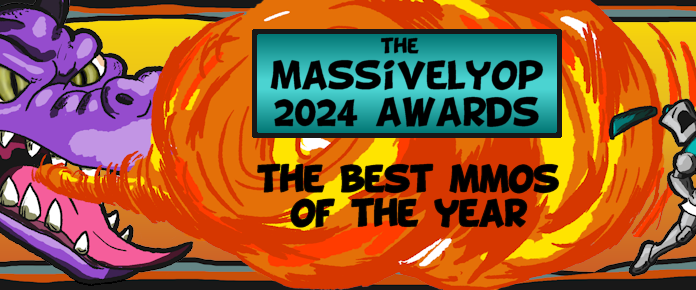
Yesterday, we covered the UK government’s Digital, Culture, Media and Sport (DCMS) Committee panel report on addictive technologies: Readers will recall that the lengthy paper was generated after nearly a year of investigation and calls on the government to regulate lockboxes under the country’s Gambling Act as well as ban the sale of lockboxes to kids. Among other adorable British digs, it accuses the broader games industry of being “wilfully obtuse” about the subject and finds that game reps had “demonstrated a lack of honesty and transparency” during panel hearings.
At the time, only EA had issued a statement about the report. But now we have the Entertainment Software Association’s comment too. Unlike EA, the video games industry lobby blasted it, predictably declaring that it “strongly disagree[s] with [the panel’s] findings.”
The lobby prepped this statement for GamesIndustry.biz: “As demonstrated by the recent announcement of policies regarding the disclosure of the relative rarity or probability of obtaining virtual items in paid loot boxes as well as the robust parental controls that empower parents to control in-game purchases, the video game industry is a leader in partnering with parents and players to create enjoyable video game experiences. In addition, numerous regulatory bodies around the world, including those in Australia, France, Ireland, Germany, and the UK, have come to a conclusion starkly different than that of this committee.”
Of course, still others, like Belgium and the Netherlands, didn’t go so easily, and multiple international regulators have pledged to investigate the lockbox industry. I mean games industry.
GIbiz reminds us that the ESA here is referring to its August 7th announcement seemingly intended to offset or upstage the FTC’s game monetization workshop here in the US. At the time, the lobby claimed that the major gaming platforms (Sony, Nintendo, Microsoft) as well as some member companies (Blizzard, EA, Bungie, Bethesda, among others) had all agreed to require disclosure of odds for lootboxes and other monetized gambling in new and updated games on their platforms. However, the transparent lockbox plan appears to be an entirely voluntary policy with no teeth, and there’s no hard date on when any of the mentioned companies will be complying or what will happen to them if they don’t, making the ESA’s statement here a bit premature.













